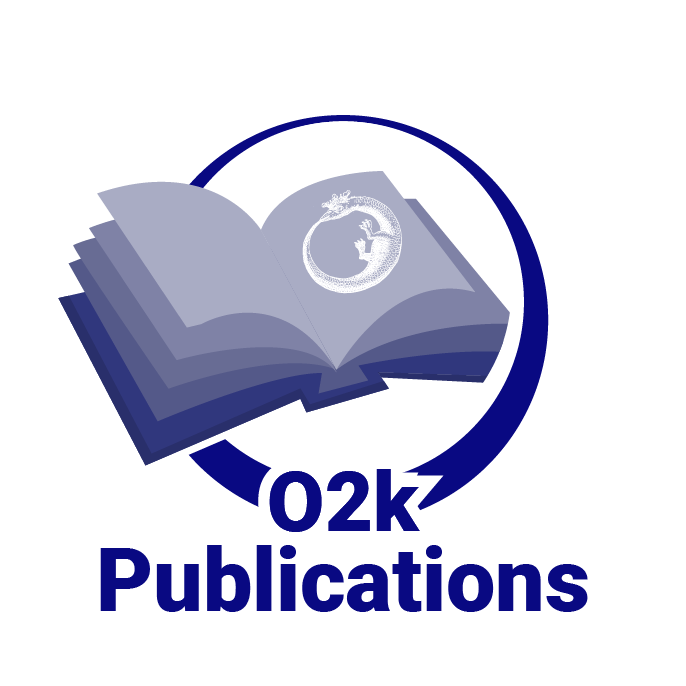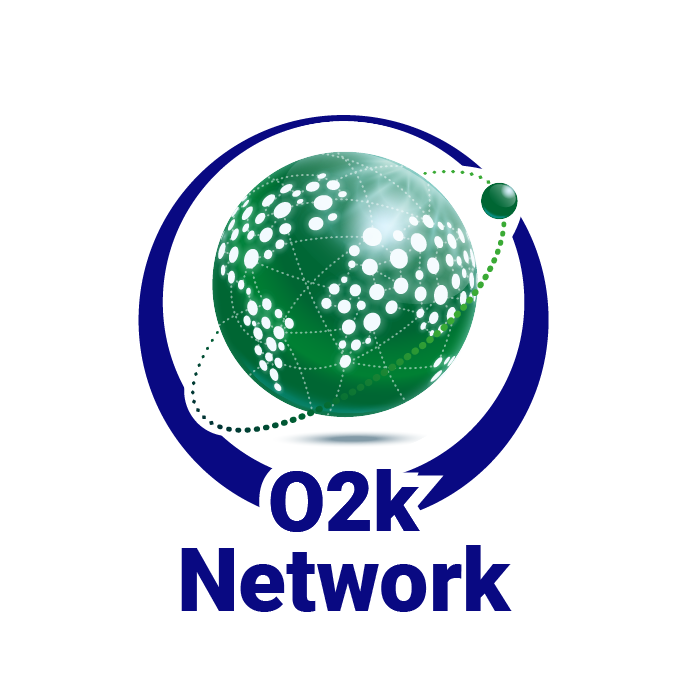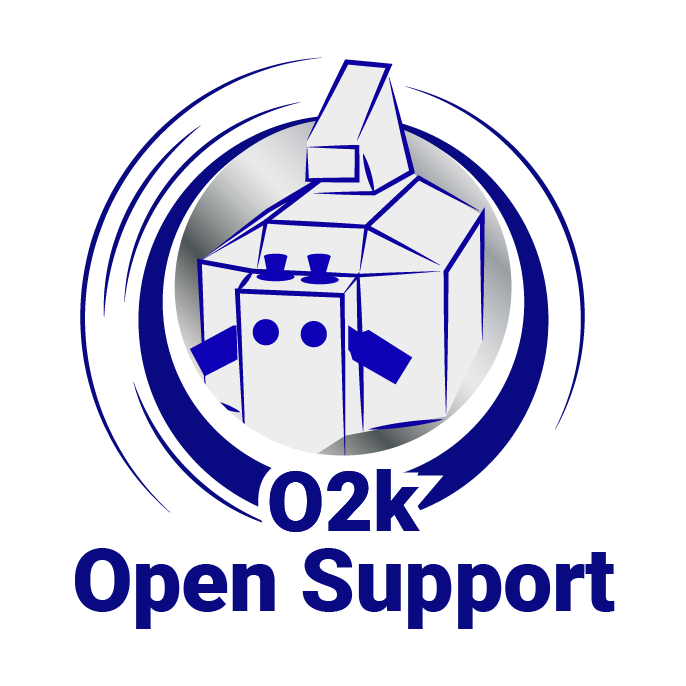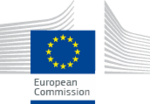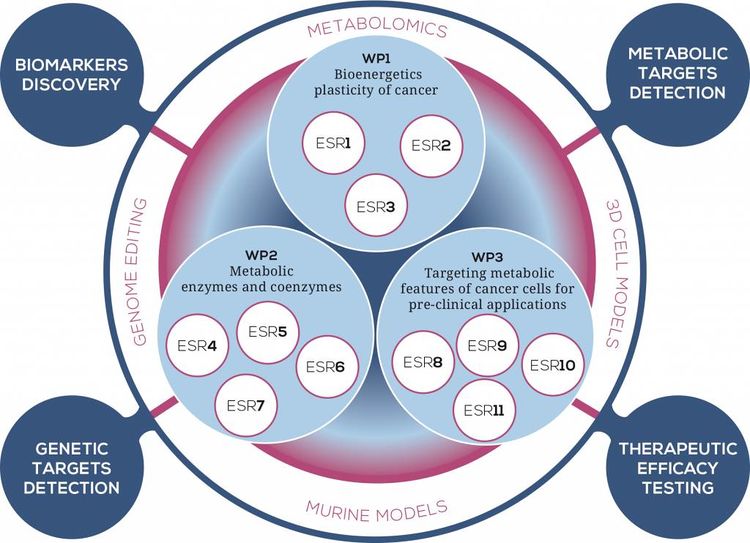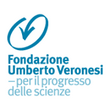User talk:Kammerhofer Sylvia/My sandbox: Difference between revisions
From Bioblast
No edit summary |
No edit summary |
||
| (76 intermediate revisions by the same user not shown) | |||
| Line 1: | Line 1: | ||
{{ | {{Template:OROBOROS header page name}} | ||
:::: <big><big>TRANSMIT - TRANSlating the role of MITochondria in Tumorigenesis</big></big> | |||
[[Image:Horizon2020_logo_jpg.jpg|right|150px|Horizon 2020]] | |||
[[Image: | | ||
[[Image:European_commission_logo.png|right|150px|European commission]] | |||
'''Cancer is not only a genetic, but also a metabolic disease''' | '''Cancer is not only a genetic, but also a metabolic disease''' | ||
:::: The consolidation of the knowledge that cancer is not only a genetic, but also a metabolic disease, has led scientists to investigate the intricate metabolic plasticity that transformed cells must undergo to survive the adverse tumor microenvironment conditions, and the contribution of oncogenes and tumor suppressors in shaping metabolism. In this scenario, genetic, biochemical and clinical evidences place mitochondria as key actors in cancer metabolic restructuring, not only because these organelles have a crucial role in the energy and biosynthetic intermediates production but also because occurrence of mutations in metabolic enzymes encoded by both nuclear and mitochondrial DNA has been associated to different types of cancer. | :::: The consolidation of the knowledge that cancer is not only a genetic, but also a metabolic disease, has led scientists to investigate the intricate metabolic plasticity that transformed cells must undergo to survive the adverse tumor microenvironment conditions, and the contribution of oncogenes and tumor suppressors in shaping metabolism. In this scenario, genetic, biochemical and clinical evidences place mitochondria as key actors in cancer metabolic restructuring, not only because these organelles have a crucial role in the energy and biosynthetic intermediates production but also because occurrence of mutations in metabolic enzymes encoded by both nuclear and mitochondrial DNA has been associated to different types of cancer. | ||
| Line 10: | Line 13: | ||
== Objectives == | == Objectives == | ||
:::: TRANSMIT aims to dissect the metabolic remodeling in human cancers, placing the focus on the role of mitochondria and bridging basic research to the improvement/development of therapeutic strategies. Further, TRANSMIT fosters the communication of this emerging field to the patients and their families. To these aims, TRANSMIT will create a network of seven different countries, among which world-leading basic science and clinical centers of excellence, several industrial partners with up-to-date omics technologies, as well as non-profit foundations and associations who care for cancer patients. By creating the critical mass of scientific excellence, TRANSMIT will allow to transfer the current knowledge into the wide field of cancer research, translating scientific and technical advances into the education and training of eleven Early Stage Researchers. TRANSMIT will implement training-through-research dedicated to unravel the metabolic features of cancer, as well as to provide a full portfolio of complementary skills through the creation of a network of basic, translational and industrial laboratories, devoted to a multidisciplinary/multisectorial education of young scientists. | :::: '''TRANSMIT aims to dissect the metabolic remodeling in human cancers''', placing the focus on the role of mitochondria and bridging basic research to the improvement/development of therapeutic strategies. | ||
:::: Further, '''TRANSMIT fosters the communication''' of this emerging field to the patients and their families. To these aims, TRANSMIT will create a network of seven different countries, among which world-leading basic science and clinical centers of excellence, several industrial partners with up-to-date omics technologies, as well as non-profit foundations and associations who care for cancer patients. | |||
:::: By creating the critical mass of scientific excellence, '''TRANSMIT will allow to transfer the current knowledge''' into the wide field of cancer research, translating scientific and technical advances into the education and training of eleven Early Stage Researchers. TRANSMIT will implement training-through-research dedicated to unravel the metabolic features of cancer, as well as to provide a full portfolio of complementary skills through the creation of a network of basic, translational and industrial laboratories, devoted to a multidisciplinary/multisectorial education of young scientists. | |||
:::: '''TRANSMIT key methodologies and key objectives''' | |||
::::The proposal envisions three scientific WPs. For each WP, several ESRs are recruited as indicated below the WP title. Scientific WPs share the key methodologies indicated within the four sectors of the romboid in light grey. The implementation of key methodologies in pairs allows the achievement of the key objectives indicated by the dark grey arrowheads. | |||
:::: [[Image:TRANSMIT key methodologies and key objectives.jpg|750px|Key methodologies and key objectives]] | |||
:::: Alma Mater Studiorum – Università di Bologna - | == Coordinator == | ||
:::: [http://www.unibo.it/en/ Alma Mater Studiorum – Università di Bologna] - IT | |||
:::: Submitted by Anna-Maria Porcelli and Serena Paterlini (University of Bologna) | :::: Submitted by Anna-Maria Porcelli and Serena Paterlini (University of Bologna) | ||
== | == List of Participants == | ||
:::: | ::::TRANSMIT is a multi-partner project that intends to mobilize the critical mass of expertise, by linking partners from 7 different countries, among which world-leading basic science and clinical centers of excellence, 4 SMEs as full partners, as well as non-profit foundations with a long-lasting history of dealing with the societal consequences of cancer in patients and their families. | ||
::::* [http://www.unibo.it/en/ Alma Mater Studiorum – Università di Bologna] - IT | |||
::::* [http://www.uclouvain.be/index.html/ Universite Catholique de Louvain] - BE | |||
::::* [http://wiki.oroboros.at/index.php/OROBOROS_INSTRUMENTS/ OROBOROS INSTRUMENTS GmbH] - AT | |||
::::* [https://www.uni-giessen.de/welcome/ Justus Liebig Universität Giessen] - DE | |||
::::* [https://www.salk.at/ Gemeinnützige Salzburger Landeskliniken Betriebsgesellschaft] - AT | |||
::::* [http://ki.se/start/ Karolinska Institutet] - SE | |||
::::* [https://www.cam.ac.uk/ The Chancellor, Masters and Scholars of the University of Cambridge] - UK | |||
::::* [http://www.adera.fr/ Association pour le développement de l'enseignement et des recherches aupres des universities et des enterprises d’aquitaine] - FR | |||
::::* [http://www.biocrates.com/ Biocrates Life Sciences AG] - AT | |||
::::* [http://www.avanticell.com/ AvantiCell Science Ltd] - UK | |||
[[Image:University_of_Bologna_logo.png|60px|University of Bologna]] | |||
[[Image:Universite_Catholique_de_Louvain_logo.jpg|80px|Universite Catholique de Louvain]] | |||
[[Image:Logo OROBOROS INSTRUMENTS.jpg|80px|link=http://wiki.oroboros.at/index.php/OROBOROS_INSTRUMENTS OROBOROS]] | |||
[[Image:Justus_Liebig_Universität_Giessen_logo.png|120px|Justus Liebig Universität Giessen]] | |||
[[Image:SALK_logo.png|140px|Salzburger Landeskliniken]] | |||
[[Image:Karolinska_Institutet_logo.jpg|140px|Karolinska Institutet]] | |||
[[Image:Adera_logo.png|110px|Adera]] | |||
[[Image:Biocrates_logo.png|130px|Biocrates Life Sciences AG]] | |||
[[Image:AvantiCell_Science_logo.png|130px|AvantiCell Science Ltd]] | |||
[[Image:University_of_Cambridge_logo.png|220px|University of Cambridge]] | |||
== Partner organisations == | |||
::::* [http://www.fondazioneveronesi.it/ Fondazione Umberto Veronesi] - IT | |||
::::* [http://www.innovasrl.net/ Innova SRL] - IT | |||
::::* [http://www.ceub.it/ CEUB Il Centro Residenziale Universitario di Bertinoro (Ce.U.B.)] - IT | |||
::::* [http://www.dynamoacademy.org/ Dynamo Academy srl Impresa Sociale] – IT | |||
[[Image: | [[Image:Fondazione_Umberto_Veronesi.png|110px|Fondazione Umberto Veronesi]] | ||
[[Image:Innova_srl.jpg |150px|Innova srl]] | |||
[[Image:Centro_Residenziale_Universitario.png |90px|Centro Residenziale Universitario die Bertinoro]] | |||
[[Image:Dynamo_Academy.png|90px|Dynamo Academy]] | |||
Latest revision as of 10:52, 14 October 2016
User talk:Kammerhofer Sylvia/My sandbox
- TRANSMIT - TRANSlating the role of MITochondria in Tumorigenesis
Cancer is not only a genetic, but also a metabolic disease
- The consolidation of the knowledge that cancer is not only a genetic, but also a metabolic disease, has led scientists to investigate the intricate metabolic plasticity that transformed cells must undergo to survive the adverse tumor microenvironment conditions, and the contribution of oncogenes and tumor suppressors in shaping metabolism. In this scenario, genetic, biochemical and clinical evidences place mitochondria as key actors in cancer metabolic restructuring, not only because these organelles have a crucial role in the energy and biosynthetic intermediates production but also because occurrence of mutations in metabolic enzymes encoded by both nuclear and mitochondrial DNA has been associated to different types of cancer.
Objectives
- TRANSMIT aims to dissect the metabolic remodeling in human cancers, placing the focus on the role of mitochondria and bridging basic research to the improvement/development of therapeutic strategies.
- Further, TRANSMIT fosters the communication of this emerging field to the patients and their families. To these aims, TRANSMIT will create a network of seven different countries, among which world-leading basic science and clinical centers of excellence, several industrial partners with up-to-date omics technologies, as well as non-profit foundations and associations who care for cancer patients.
- By creating the critical mass of scientific excellence, TRANSMIT will allow to transfer the current knowledge into the wide field of cancer research, translating scientific and technical advances into the education and training of eleven Early Stage Researchers. TRANSMIT will implement training-through-research dedicated to unravel the metabolic features of cancer, as well as to provide a full portfolio of complementary skills through the creation of a network of basic, translational and industrial laboratories, devoted to a multidisciplinary/multisectorial education of young scientists.
- TRANSMIT key methodologies and key objectives
- The proposal envisions three scientific WPs. For each WP, several ESRs are recruited as indicated below the WP title. Scientific WPs share the key methodologies indicated within the four sectors of the romboid in light grey. The implementation of key methodologies in pairs allows the achievement of the key objectives indicated by the dark grey arrowheads.
Coordinator
- Alma Mater Studiorum – Università di Bologna - IT
- Submitted by Anna-Maria Porcelli and Serena Paterlini (University of Bologna)
List of Participants
- TRANSMIT is a multi-partner project that intends to mobilize the critical mass of expertise, by linking partners from 7 different countries, among which world-leading basic science and clinical centers of excellence, 4 SMEs as full partners, as well as non-profit foundations with a long-lasting history of dealing with the societal consequences of cancer in patients and their families.
- Alma Mater Studiorum – Università di Bologna - IT
- Universite Catholique de Louvain - BE
- OROBOROS INSTRUMENTS GmbH - AT
- Justus Liebig Universität Giessen - DE
- Gemeinnützige Salzburger Landeskliniken Betriebsgesellschaft - AT
- Karolinska Institutet - SE
- The Chancellor, Masters and Scholars of the University of Cambridge - UK
- Association pour le développement de l'enseignement et des recherches aupres des universities et des enterprises d’aquitaine - FR
- Biocrates Life Sciences AG - AT
- AvantiCell Science Ltd - UK

